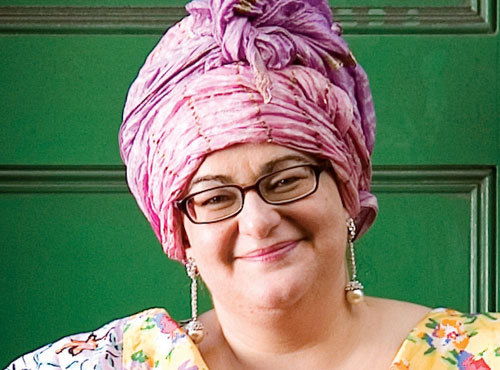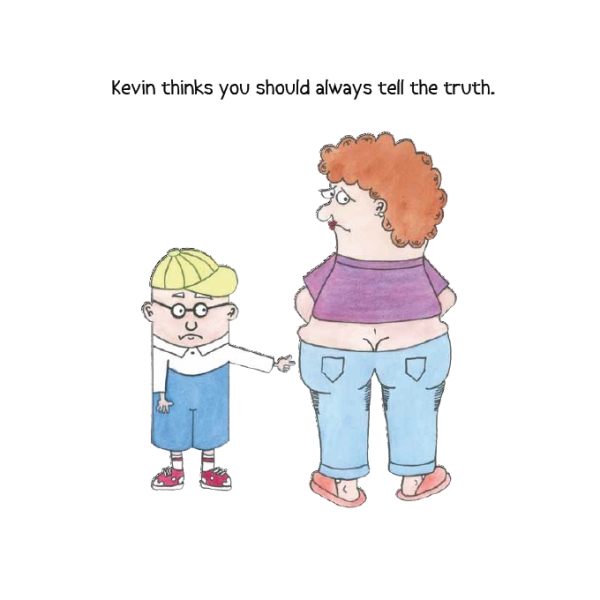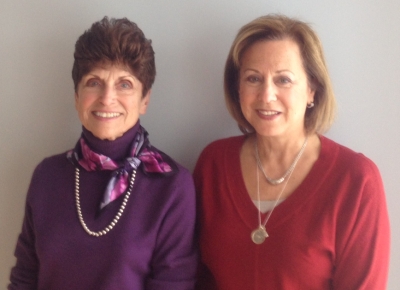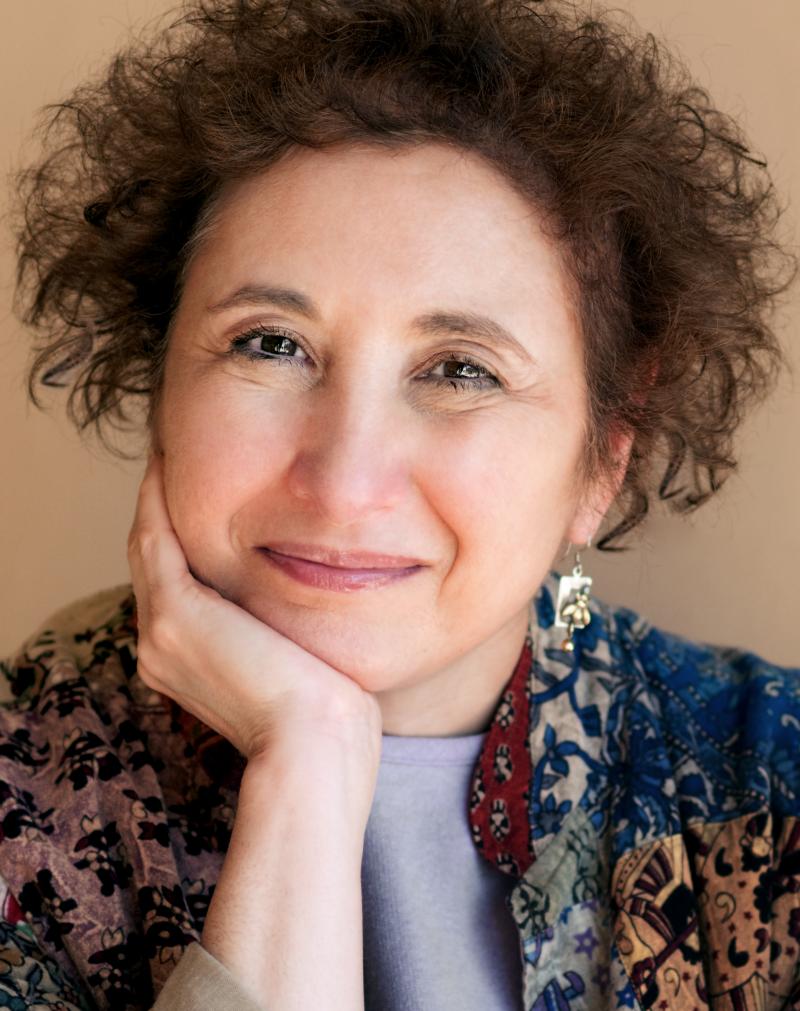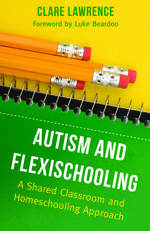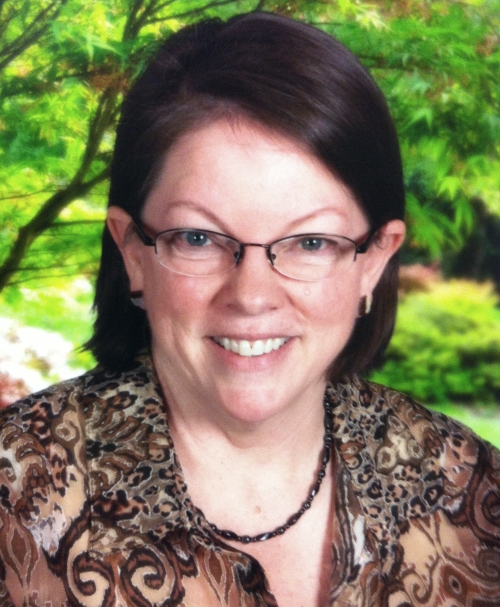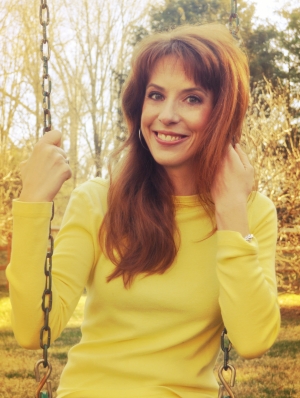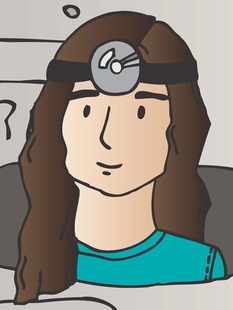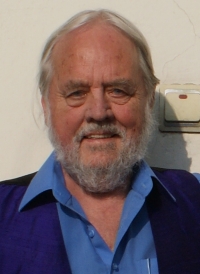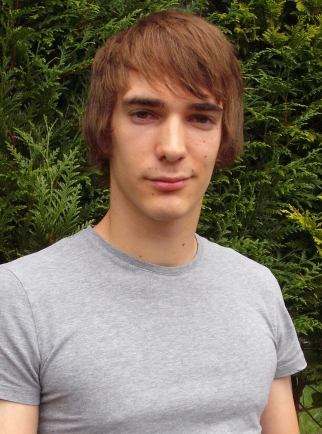“I wanted to communicate that there is hope for all learners, that everyone can find a way to learn that is personal and successful. I wanted to share how to translate what a student is saying not just by listening to their words, but by listening to the essence of who they are as a learner. This is not something that can be communicated simply, and it is not a way of being that comes naturally to all teachers… Teaching is generally considered an activity that one does ‘to’ another. I think of teaching as something that I do ‘for’ that other person. The learning is theirs, the experience of change is theirs, and for me the main thrill is when that student starts finding his or her ‘voice’.”
